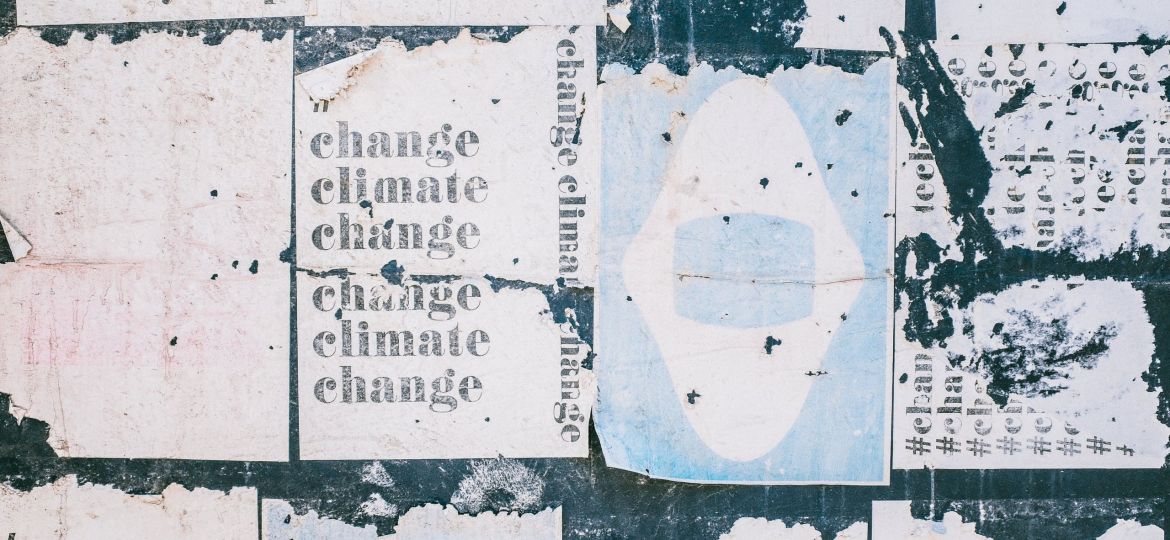
Next week I’m heading to Boston to attend a three-day intensive on Immunity to Change. I came across this book during my Master’s program and it has become a strong stand out on my leadership book list. The idea behind the book is that when we are struggling make a change, it’s not enough for us to know what we need to do differently. In order to make that change and make it stick, we need to understand what’s making us immune to the change in the first place. This is a powerful case study from the book:
“When doctors tell heart patients they will die if they don’t change their habits, only one in seven will be able to follow through successfully. Desire and motivation aren’t enough: even when it’s literally a matter of life or death, the ability to change remains maddeningly elusive.”
I’ve had an immunity to change experience in recent months. I’ve been battling burn out and burning the candles at both ends. This doesn’t come as a surprise to any of you, because I’ve written about it a lot! I knew I needed to make a change and set boundaries, but I was struggling to actually do so. It wasn’t enough for me to say, “I need to stop working so much!” I needed to understand what was getting in my way and what was making me immune to this change. I’m going to take you through my personal “Immunity Map” of how I conquered this change and found the antidote to my fears. This is a tool used in the book, and you’ll have a chance to make your own immunity map!
- Name your improvement goal: I want to work fewer hours so that I can have healthy relationships and more time for self-care.
- What behaviors are getting in the way of this goal: I was working 14 hour weekdays and through the weekend. I took a lot of non-critical meetings. And I prioritized work over relationships.
- What are the worries and competing commitments that are stalling change: I worry that if I turn down meetings, people will think I’m arrogant or better than them. If I don’t respond to emails within 24 hours, people will think I’m ineffective. I want to be able to do it all.
- What assumptions are fueling these worries? If I scale back on work hours, I will lose business and lose respect because I’m prioritizing taking care of myself. I have to choose between running a successful business and having strong relationships with myself and others. I can’t have both.
The final step is to test these assumptions. This is the phase I’m in currently. I’m stopping work by 6 PM. I’m having my team keep me accountable for boundary setting. I’m managing a lighter schedule in terms of meetings and commitments. And the results so far have been largely positive. I’m well rested. I have time to recover between each work day. I’m showing up better with clients and am able to take care of them in a more meaningful way because I’m taking the time to take care of myself.
There’s another powerful analogy that helped me connect the dots on this topic. We all own phones. Sometimes we want to download a new app on our phone. But our current operating system doesn’t support this new app. Shouldn’t we work on the operating system before we try to download more apps and files? We often approach personal development in the opposite way. We work to add more skills, or files and downloads, but we don’t work to understand ourselves, or our operating system.
We have to tackle the ‘Why do’ before we tackle the ‘How to.’
Click here to download a PDF of an Immunity Map. Think of something in your life you’ve been struggling to get energy around…and map it out! This walks you through the same process as I did with setting boundaries in my work life. I’m excited to hear about your immunity maps and exploring your operating system!

